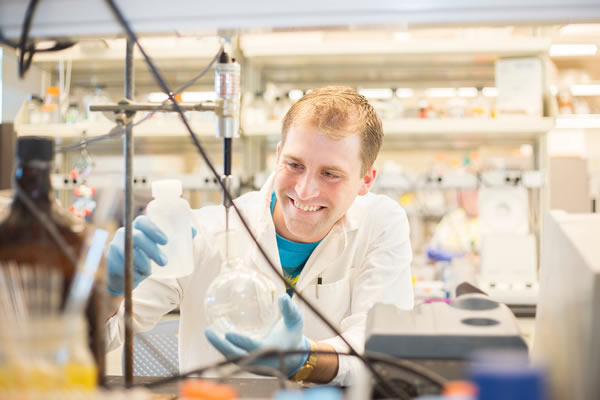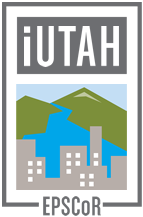News and Highlights
This is a list of past iUTAH EPSCoR news from 2012 to 2018.
April 12, 2016
How climate change dries up mountain streams
University of Utah and iUTAH researcher Paul Brooks was recently featured in the news. Here’s an excerpt from the EurekaAlert article:
The western United States relies on mountain snow for its water supply. Water stored as snow in the mountains during winter replenishes groundwater and drives river runoff in spring, filling reservoirs for use later in summer. But how could a warming globe and a changing climate interrupt this process?
In a new study in Environmental Research Letters, a team of hydrologists that includes University of Utah professor Paul Brooks answers that question by simulating isolated climate change effects on Rocky Mountain stream systems, varying the type of precipitation (rain vs. snow) and the amount of energy (temperature) in the system. The answer, they found, depends less on how water enters the stream watershed, and more on how it leaves.
Press: UU News | EurekaAlert | KSL Radio | KUER Radio | ABC4 Utah | Deseret News | Science Daily | KULR TV | KTMF/KWYB
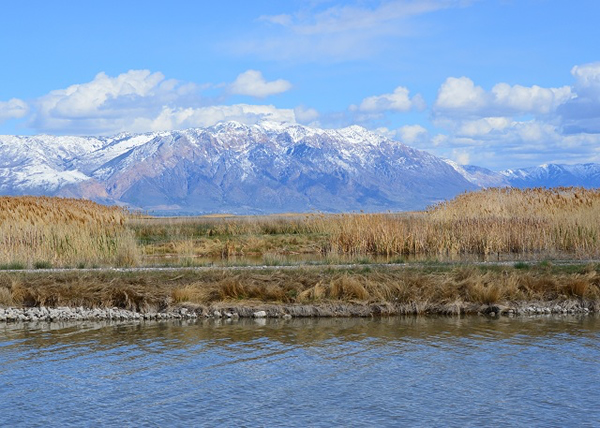
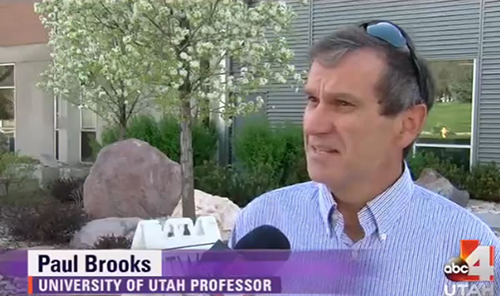
April 11, 2016
Transdisciplinary Research Calls
Melissa Haeffner talks about how her collaborations with iUTAH led to her interest in a transdisciplinary approach to research in the Utah State University Spring 2016 alumni magazine. As an iUTAH collaborator, she is part of a multi-institutional, interdisciplinary team of scientists exploring population growth, climate change and land use are affecting Utah’s water resources. This December, she will be one of 78 women participating in a 20-day women-in-science leadership trip to Antarctica.
“I really do believe that if we’re going to be talking about climate change, if we’re going to be talking about natural resources, we can’t just study ice and water and air and carbon,” says Haeffner. “The reason why these are problems is because they are problems for humans, problems for our human survival. They are anthropogenic problems, because of our impacts on the earth. And so to study these things without social sciences, I think, is just setting ourselves up for failure. It’s too big, too important a piece to miss.”
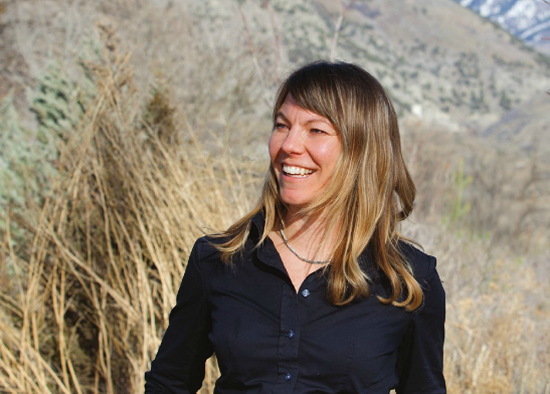
Credit Donna Barry, University photographer.
April 6, 2016
iUTAH and USU researchers Doug Jackson-Smith, Courtney Flint, and Andrea Armstrong were featured in Liberalis, the alumni magazine of the College of Humanities and Social Sciences at Utah State University. “Aggregating the Puzzle,” explores the social science research connected with the iUTAH project. Here is a sampling of quotes from the article:
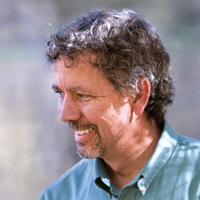
"I am just really interested in aggregating the puzzle and getting a clear-eyed vision about how we are changing as a society," Jackson-Smith says. "How is our built environment changing and how that is going to play into how this transition unfolds? I don't hear a lot of decision makers and public discussion around those issues of differentiating urban growth."
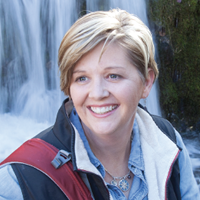
"Utah State is a land grant university. We can help with this," Flint says from her desk in Old Main. "Our mission really is not just to send information out to the public, but to be mindful of what the needs are to the state. How do we know if we don't ask?"
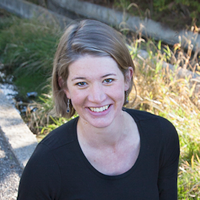
“A lot of research on Western water has taken the very large-scale perspective … and those tend to involve state and federal agencies,” Armstrong says. “They make big dams, big infrastructure, and while those types of policies and programs do set the stage in which local water decisions are made, the day to day activities of water management occur in our city and local irrigation organizations.”
In closing, Armstrong says “The other great part about our water system is that we built it. We do have some control over water once it’s here and we can design a system to meet our future needs. The complicated part is deciding what those needs are and striking a balance between natural and human uses. So if we can come up with a plan, and if we can try to foresee some unintended consequences of water changes, then I am confident that things will be okay. Humans have the ability to adapt. We always have.”
April 6, 2016
Survey offers glimpse into public perceptions of water use
The annual Northern Utah Water Conference, held last week at the Utah State University Innovation Campus, was again a success. Participants listened to skilled presenters address a variety of water topics and subjects. It again became obvious that we all see things through different lenses, but there is a continuing need to engage in important water conversations.
Another interesting presentation from USU sociologist Doug Jackson-Smith addressed public perceptions of water use. During the summer of 2014 researchers from Utah State University, the University of Utah and the iUTAH Project undertook a large survey of households on water issues. The general purpose of the survey was to discover what people understood, or did not understand, when it comes to water use.
Surveyors visited 23 neighborhoods in Cache Valley, Salt Lake Valley and Heber Valley and carefully interviewed randomly selected households with an extensive 16-page survey. Highlights from survey findings in five Cache Valley neighborhoods are listed below. Some results are surprising while others are somewhat expected.

April 5, 2016
Festival of Excellence inspires SUU students
iUTAH researcher Fredric Govedich shared news on the Festival of Excellence, held April 4 - 5, 2016 on the Southern Utah University (SUU) campus in Cedar City. For the past four years, SUU has held the Festival of Excellence celebrating the intellectual and artistic pursuits and accomplishments of students. This year, two student posters were based on iUTAH research, and mentored by iUTAH participants Bonnie Bain and Fredric Govedich. Student participants include:
- Josh Matt and Andrew Weber
Water Chemistry and Bacterial Diversity/Abundance of Cedar City Irrigation - Jason Stewart, Matz Indegard, Nayla Rhein, Jacob Preston, Carl Hallows, and Josh Matt,
Biology of Arid Landscape Wetlands
Dr. Bain is a research associate at SUU, and is an adjunct instructor at Dixie State University. Dr. Govedich, an associate professor of biology, was the recipient of an iUTAH Research Catalyst Grant in 2014, examining water chemistry and microbial community composition and diversity in irrigation runoff waters in Cedar City, Utah.

April 4, 2016
Former iFellow Sean Bedingfield receives prestigious NSF fellowship
Sean Bedingfield was one of twelve Utah State University scholars selected for a 2016 National Science Foundation Graduate Research Fellowship. In 2013, Sean participated in iUTAH’s iFellows program, which places undergraduate students in the labs of iUTAH project scientists to gain first-hand research experience. He worked directly with iUTAH mentors David Rosenberg and Ryan Dupont, both of USU, during his 11-week program
“The discussions in our iFellows meetings gave me confidence in pursuing a graduate degree,” said Bedingfield, adding “iUTAH was my first experience with collaboration ...I have made collaboration a huge part of my graduate studies.”
Bedingfield, who earned a bachelor’s degree in biological engineering from USU in 2014, conducted research on producing biofuel from algae. Nowadays, he is designing biomaterials using antibodies, peptides and environment-responsive polymers to enable targeted, intracellular drug delivery. These delivery systems are intended to improve use of existing drugs and enable them to reach targets currently considered “undruggable.” Bedingfield is currently pursuing graduate work in Biomedical Engineering at Vanderbilt University.
